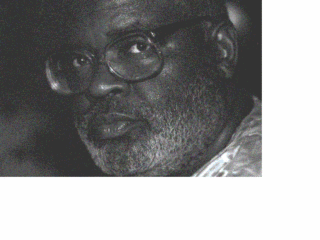Mississippi Experience
I was there for the presentation of the final three witnesses for the defense who included the brother of one of the prosecution witnesses who wanted to say that he thought his brother had lied, a former mayor of Philadelphia, Mississippi who said that he didn't consider the Ku Klux Klan to be a violent organization, and an ex-Klansman who had also testified for the prosecution who said that the reason he had not come forward with the truth about his understanding of Killen's involvement before was that he had feared for his life.
Outside the courtroom during one of the recesses while awaiting the Attorney's final arguments, I ended up in a discussion with Richard Barrett who I had not heard of before, but who seemed very familiar with things going on in Greensboro. He gave me a copy of his white supremacist newsletter "All The Way" which had two front page articles on the Greensboro Truth and Reconciliation Commission. One of the articles incredibly accuses the Commission of being "foreign agents working to overthrow the government."
I had my minidisc recorder with me and got part of his comments recorded. I have posted them in the media files section of Greensboro101.com. I want others to hear the argument that he makes. Let me know what you think.
Ed



